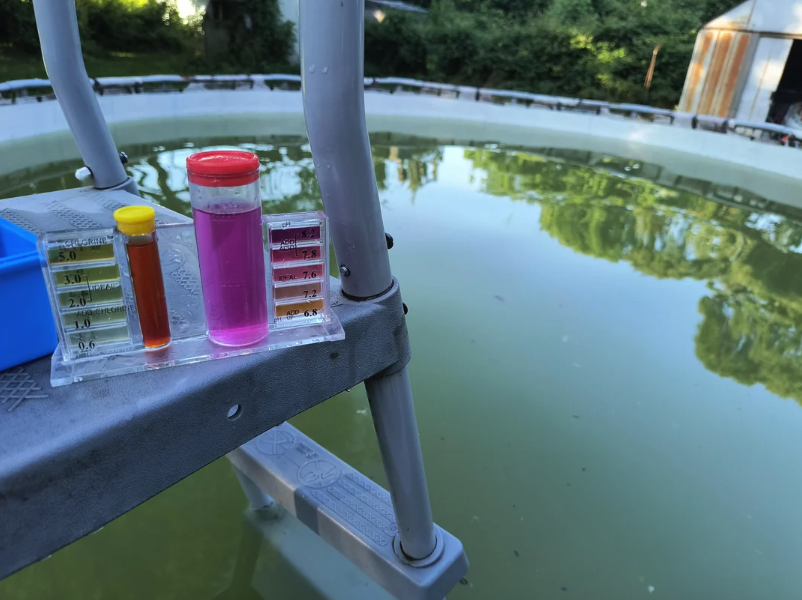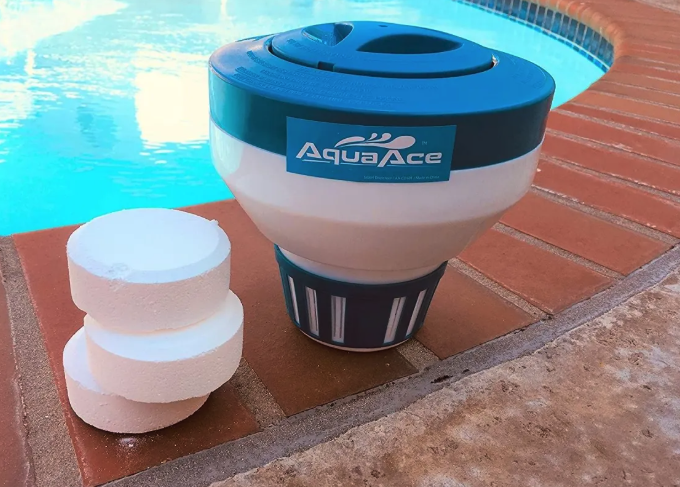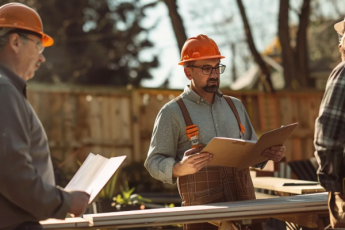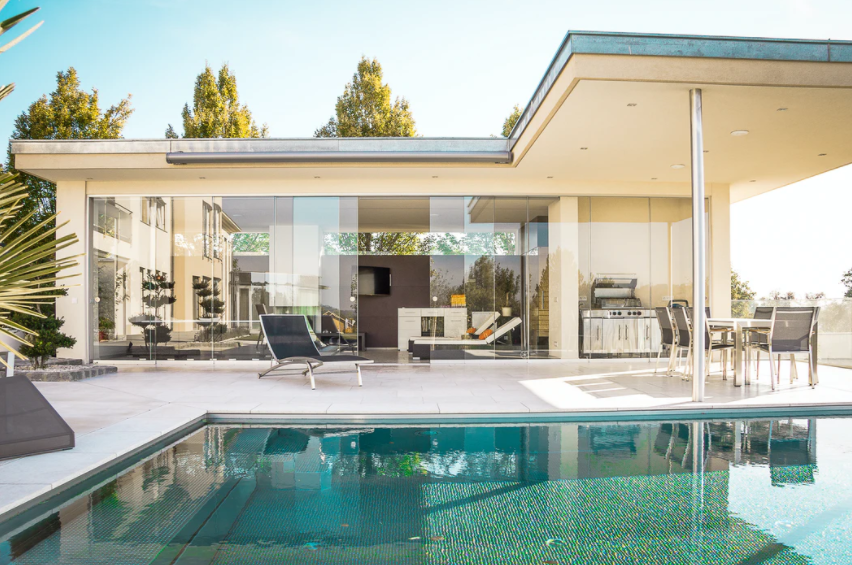Why You Need to Invest in Pool Chemicals?

A swimming pool at Indianapolis is a great luxury to own. It is a joyous place where friends and relatives can meet up to unwind, exercise and celebrate!

Pool maintenance goes beyond removing leaves out of the water, as it must take into consideration the balance of the water chemistry. Pool chemicals are essential in maintaining a safe and clean swimming environment and enjoyable.
We are going to explore why these chemicals are necessary and how they help to create a healthy pool environment.
Maintaining Water Clarity and Cleanliness
The clearness and the purity of your swimming pool water are of paramount importance. Clear water does not only look nice It is as well an indication of a good pool. It is here that sanitizers, including chlorine and bromine, are important.
These chemicals cannot be avoided since they play the important role of killing bacteria and other pathogens that can flourish in pool water. Think of your pool like a shared space, like any area where a large number of people congregate, germs can be transmitted unless care is taken to prevent this happening. Chlorine, which is the most common sanitizer in the pool, clears these microbes and thus makes the water safe to swim in.
The effectiveness of chlorine is due to its role in breaking down to different chemicals, mostly hypochlorous acid which destroys the bacteria and other pathogens by attacking the lipids in the cell walls.
It is also a strong solution to germs brought into the water by swimmers that include sweat, oil, and urine. By keeping the chlorine level at a proper level of usually between 1 and 3 parts per million, you are providing your pool with a safe, hygienic environment, making it important to maintain a clean pool.
Balancing pH Levels
While sanitizers kill bacteria, balancing your pool’s pH is equally crucial. The pH scale, which ranges from 0 to 14, measures how acidic or basic your water is. The ideal pH level for pool water is slightly basic, around 7.4 to 7.6.
This range is not only optimal for the effectiveness of chlorine but also comfortable for swimmers. Water that’s too acidic can corrode pool equipment and irritate swimmers’ skin and eyes. Conversely, water that’s too basic can cause scale formation on your pool surfaces and plumbing, which can lead to filtration problems.
Balancing pH is a continuous task, influenced by factors such as rain, the number of swimmers, and the chemicals added. To manage pH levels, pool owners use pH increasers (typically sodium carbonate) and decreasers (usually muriatic acid or sodium bisulfate) as needed. Keeping your pool’s pH within the ideal range enhances the effectiveness of other chemicals and ensures the structural longevity of your pool and comfort for its users. Find out more here.
Stabilizing Chlorine Levels
Chlorine levels in a pool can be degraded by the exposure to sunlight, which reduces its power to sanitize. Here is where a cyanuric acid, commonly referred to as a chlorine stabilizer or conditioner, comes into the picture. Cyanuric acid surrounds chlorine molecules creating a protection against the ultraviolet rays of the sun.
This process aids in keeping suitable levels of chlorine all through the day thus giving a continuous disinfection and minimizing the amount and times you will have to add chlorine. It is an effective system of managing the pool maintenance easier and less costly.

Algae Prevention
Algae spores are constantly introduced into your pool from the environment. These spores can bloom into visible colonies that make your pool slippery, clog filters, and create an unappealing green tinge. Algicides are chemicals specifically formulated to prevent and kill algae.
While chlorine can control algae to some extent, during warm weather or in sunlit pools, an algicide serves as an effective backup, preventing algae from taking over. Regular use of algicide, according to manufacturer directions, can keep your pool pristine and extend the life of your filtration system by preventing blockages.
Water Hardness Management
Calcium hardness is another aspect of pool chemistry that needs attention. Water that is too soft can be corrosive, while water that is too hard can lead to deposits on the pool’s surfaces and equipment. Managing calcium hardness involves maintaining it within the recommended range of 200-400 parts per million.
To adjust calcium hardness, you can add calcium chloride to increase it, or use a water softener to decrease it. Proper management of calcium hardness prevents damage to the pool and ensures optimal operation of the heating system and other equipment. If you can get Discount Indianapolis Pool Chemicals your pool maintenance will become a breeze.
Swimmer Comfort and Safety
In addition to maintaining clear water and having equipment that work, adding the appropriate chemicals in your pool goes a long way in providing the best level of swimmer comfort and safety.
Among the most significant chemicals in this regard is a water conditioner/softener, which controls the total dissolved solids within the water. This is quite notable in regions where there is hard water. Hard water may result in deposits on the swimming attire and unpleasant itching of the skin after taking a swim. These conditions are relieved by softening the water and the swimming process becomes enjoyable.








